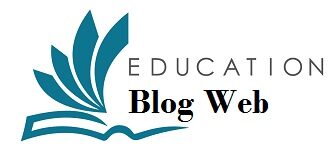MBA Industry and Porter’s Five Forces Essai

MBA Industry: The MBA school industry includes universities and colleges that offer academic courses and award graduate degrees. The general admission requirement is a bachelor’s degree and GMAT® scores. Some schools and programs also require prior work experience. Education is generally conducted on physical campuses, although online education and other unconventional approaches are growing in popularity. For the purposes of this document, for-profit institutions or community colleges are not included in the definition of industry.
MBA Midst Industry and Porter’s Five Forces Essay
There is a growing demand for qualified business professors, while the supply is stagnating or decreasing at the same time. As the pool of high-quality, freshly minted PhDs dwindles; competition for associate and assistant professors is increasing. Institutions that can afford to bid are becoming increasingly aggressive in recruiting faculty from other schools, inflating salaries beyond what some can afford10. Rising salaries for new hires have encouraged experienced faculty to move to different institutions to receive their own salary increases, and so the market continues to remain fiercely competitive. Buyers: Buyers of higher management education are either students,
End of MBA Industry and Porter’s Five Forces Essay
Barriers to Entry: The main barriers to entry for new entrants into the MBA industry are costs, attracting and retaining good faculty, and obtaining accreditation for courses. Schools need to have a strong reputation for charging more tuition to attract students and afford. good teachers who produce good results among students. In addition, carrying out research projects can cost significant capital, which allows a school to build specialized facilities and can also contribute to a strong reputation. While public schools depend on public funds for financial aid, a large endowment is essential for many institutions.





